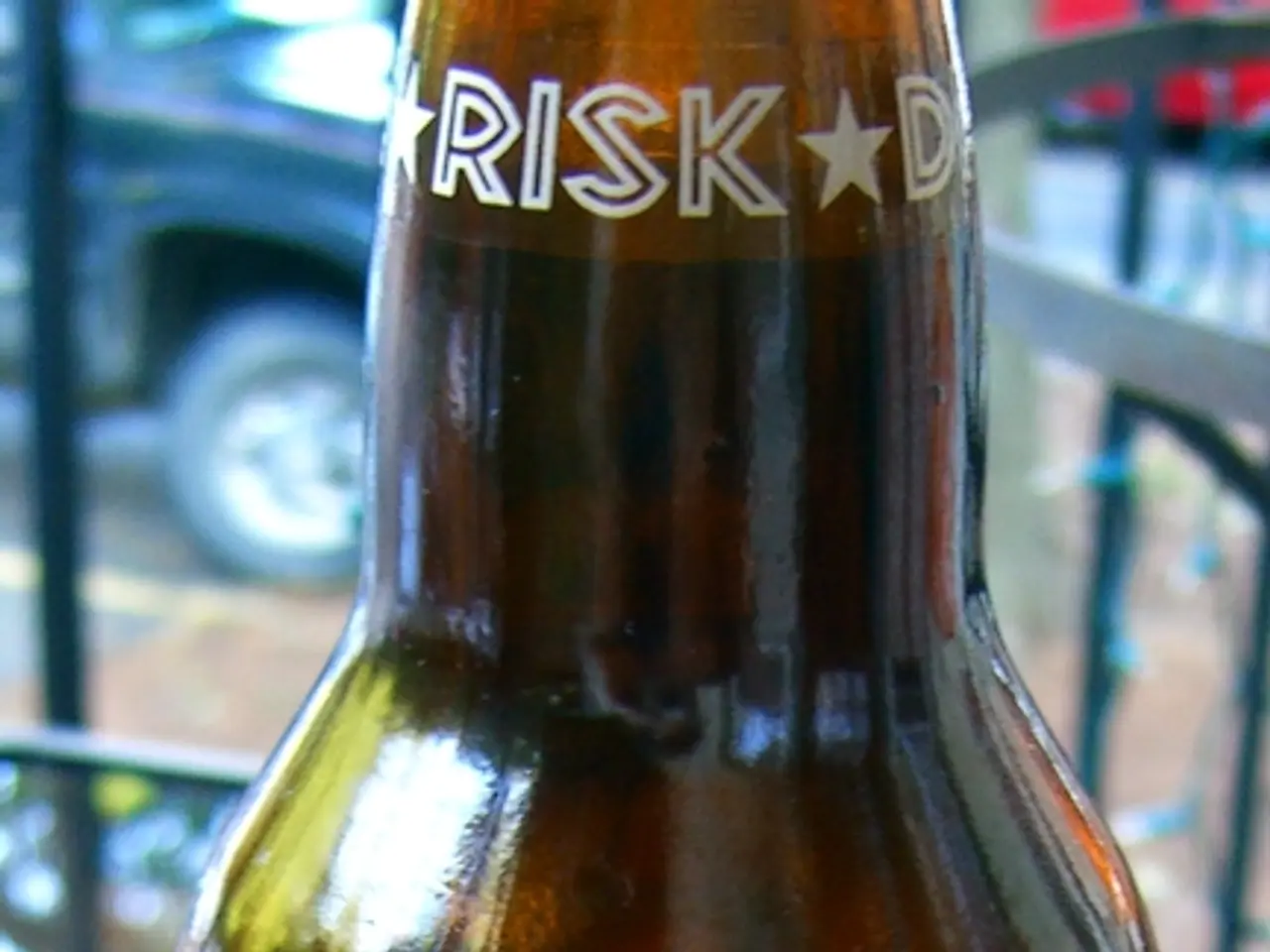Minister issues heat cautionary directive
High Temperatures Pose a Risk: Tips for Staying Cool
As temperatures in Hesse soar up to 38°C, CDU politician Diana Stolz has issued a warning about the potential dangers this heatwave poses, particularly for children, people with health issues, and the elderly.
To help cope with the high temperatures, Stolz has provided some essential tips. First and foremost, it's crucial to stay in air-conditioned environments as much as possible. If you don't have air conditioning at home, consider visiting cooling centers such as libraries, community centers, malls, or designated public cooling facilities.
Keeping hydrated is another vital aspect. To avoid dehydration, drink plenty of water frequently, not waiting until you feel thirsty. It's best to avoid sugary, caffeinated, or alcoholic drinks, which can worsen dehydration.
Dressing appropriately can also help. Wear loose, lightweight, and light-colored clothing to help reduce body heat absorption. For children and infants, use appropriate clothing and avoid hats indoors to prevent overheating.
Limit outdoor activity to cooler times of day, such as early morning or late evening, and avoid midday sun. When outside, seek shade and use sunscreen with SPF 15 or higher, reapplied every two hours.
Cool showers or baths and applying cold, wet cloths to the head and neck can provide additional cooling. Ventilating rooms, especially at night or in the early morning, is also advised.
Another important tip is to avoid physical exertion. It's best to rest as much as possible during the hottest parts of the day.
Diana Stolz emphasizes the importance of adapting behavior in response to the high temperatures. She advises avoiding heavy or hot meals and reducing stove or oven use, which can add heat to your body and your home's environment.
People on medications or with chronic conditions should consult their healthcare providers about how heat may affect them and whether adjustments are needed. It's also crucial to be aware of heat-related illness signs such as dizziness, headache, weakness, muscle cramps, and flushed skin. Seek medical help immediately if symptoms worsen or heat stroke is suspected.
Lastly, check regularly on vulnerable individuals, including older adults, those with chronic conditions, people living alone, and children, to ensure they are coping safely with the heat.
These combined strategies help reduce heat stress and protect the most vulnerable from serious heat-related health complications. Stay safe and cool during these hot days.
[1] Hessian Health Ministry Report [2] Interview with Diana Stolz, CDU politician [3] Advice from cooling centers and public facilities [4] Recommendations from the World Health Organization [5] Guidelines from the British National Health Service





